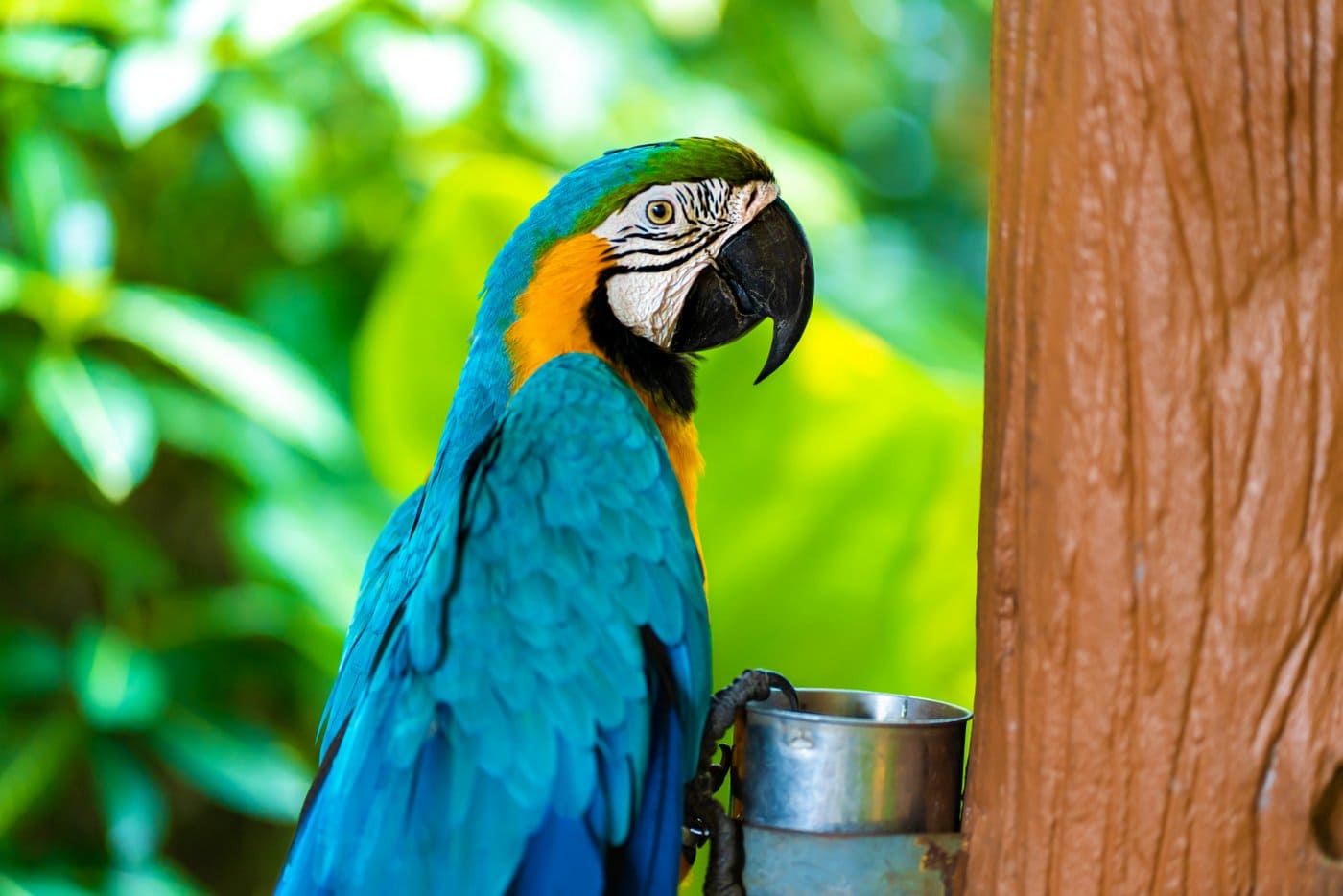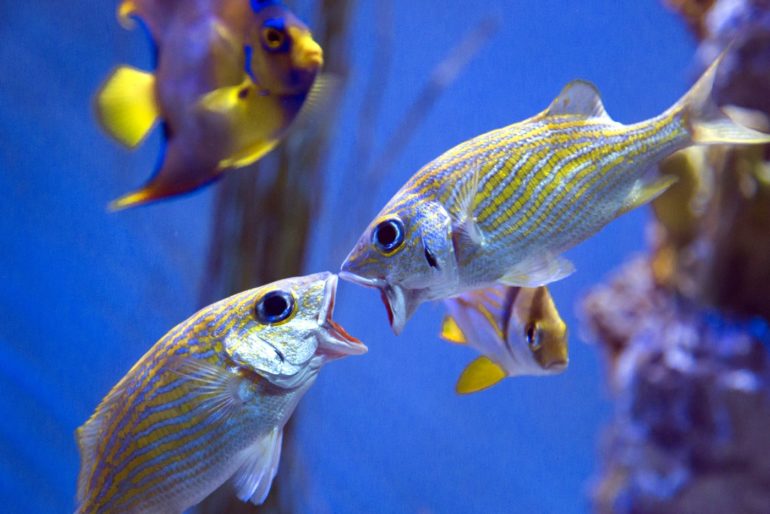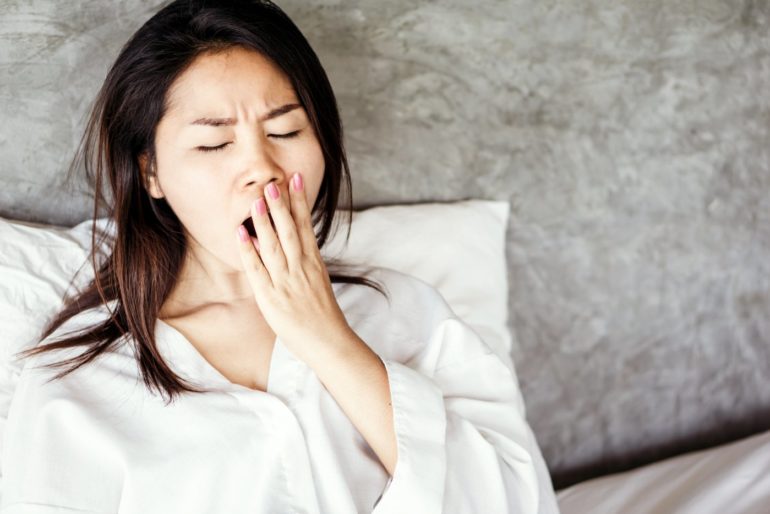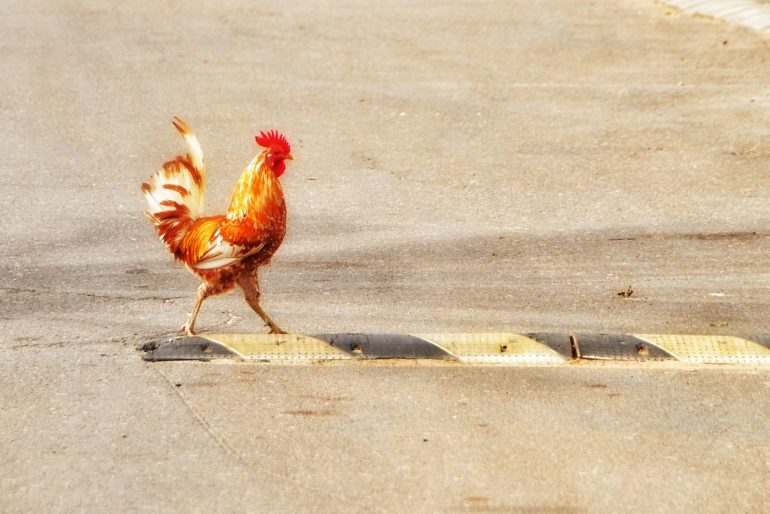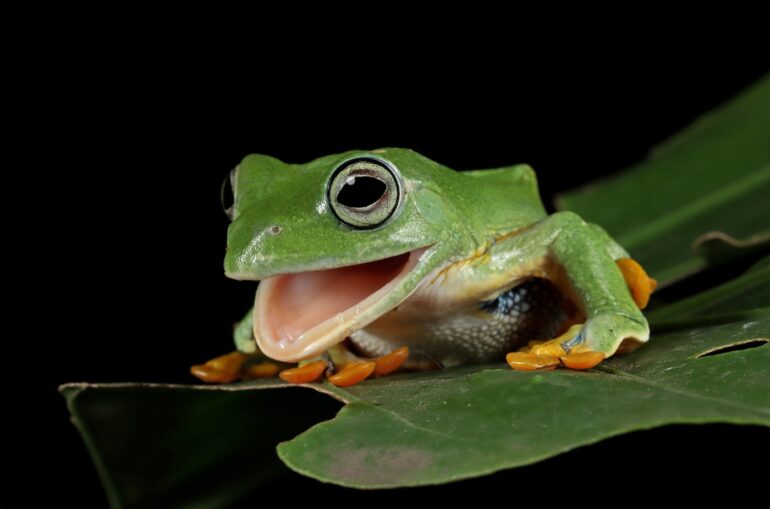Can pet birds make you sick?
Feathered pets can be brightly-colored and fascinating additions to the family. They’re popular, too — estimates say that over 5 million households in the US have pet birds.
However, bird owners should be aware that although their pets might be highly intelligent and clean companions, they can carry germs that make people sick. Here’s a look.
Bird-borne germs & illnesses
Germs from birds can cause a variety of illnesses in people, ranging from minor skin infections to serious illnesses. These illnesses are rare in the United States, but it’s better to be safe and take steps to keep yourself and your birds healthy.
One of the best ways you can protect yourself from getting sick is to thoroughly wash your hands with running water and soap after you touch birds or their droppings. With routine veterinary care and some simple health tips, you are less likely to get sick from touching, petting, or owning birds.
MORE: How do you teach a cockatiel to sing and whistle?
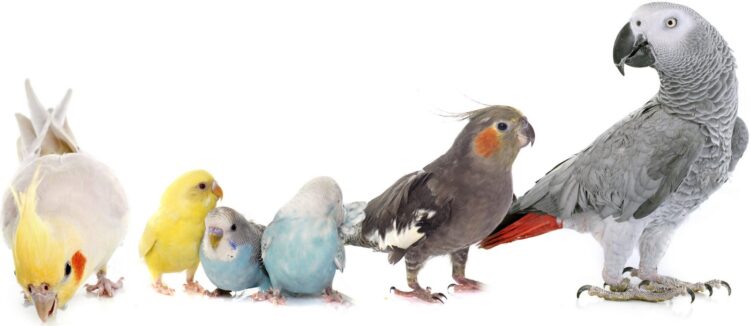
Bird bites and scratches
Pet birds do not have teeth, but their beaks can still cause a lot of damage if they bite or attempt to bite you. Birds can also have very sharp claws, nails, and talons.
Germs can spread from bird bites and scratches, even when the wound does not seem deep or serious. If you are bitten or scratched by a bird, you should:
- Wash wounds with soap and water immediately.
- Seek medical attention
- if the bird appears sick
- if the wound is serious (uncontrolled bleeding, loss of function, extreme pain, muscle or bone exposure)
- if the wound becomes red, painful, warm, or swollen, or
- if it has been more than 5 years since you got your last tetanus shot.
If you seek medical attention, make sure to tell your doctor you were bitten or scratched by a bird.
How birds can make you sick
Diseases associated with birds kept as pets that cause human illness include:
Cryptococcosis (Cryptococcus neoformans)
Cryptococcosis is a fungus whose spores can be found in soil contaminated with pigeon droppings. Signs of cryptococcosis are rare in birds.
People get cryptococcosis by breathing in contaminated dust or getting it in open wounds. In humans, symptoms resemble pneumonia and include shortness of breath, coughing, and fever.
Skin infections involving Cryptococcus can also occur. Infants, elderly persons, and those with weakened immune systems can have more serious infections.
Histoplasmosis (Histoplasma capsulatum)
Histoplasmosis is a fungal disease that is spread to people when they breathe in dust from pigeon or bat droppings. Birds do not get sick from exposure to histoplasmosis.
Very few people become infected with histoplasmosis. People who do become ill tend to develop pneumonia-like symptoms within 1-3 weeks of exposure: fever, chest pains, and a dry or nonproductive cough. Infants, older people, and those with weakened immune systems are more susceptible to the fungus and might develop more serious illnesses.
Mycobacterium avium complex (MAC, Avian Tuberculosis)
MAC is a bacterial disease spread to people from birds and other animals through the environment.
Affected birds can become depressed, thin, and weak, and might have diarrhea. Birds carrying this disease shed large amounts of the bacteria into the environment.
Experts believe that people get MAC through exposure to the bacteria in the environment, though it is not clear exactly how the bacteria are transmitted. This disease primarily affects people with a weak immune system. Affected people might lose weight, have abdominal pain or diarrhea, and be anemic or feel tired.
MORE: Is a bird the right pet for you?
Parrot Fever (Psittacosis; Chlamydiophila psittaci)
Parrot fever is a bacterial disease that people can get after accidentally breathing in secretions of infected psittacine birds, including parrots and parakeets, or poultry and wild birds. Birds might or might not show signs of illness from parrot fever.
People who become sick with parrot fever might have fever, chills, headache, muscle aches, difficulty breathing, and a dry cough. Symptoms usually begin 5 to 14 days after exposure but can take years to appear. Infants, the elderly, and those with weakened immune systems are more susceptible to parrot fever and might develop more serious illness.
Healthy habits: Wash hands after playing or working with birds
- Wash your hands thoroughly with soap and water
- right after handling birds, their toys, food and water dishes, or other equipment.
- after cleaning bird cages or perches.
- before you eat, drink, or smoke.
- Adults should supervise hand washing for young children.
- Use hand sanitizer if soap and water are not readily available. Be sure to have hand sanitizer readily available near the bird’s enclosure to encourage guests and children to use hand sanitizer after handling birds.
SEE MORE: How can you tell if a parakeet is male or female?
Information provided courtesy of the Centers for Disease Control and Prevention (CDC)

